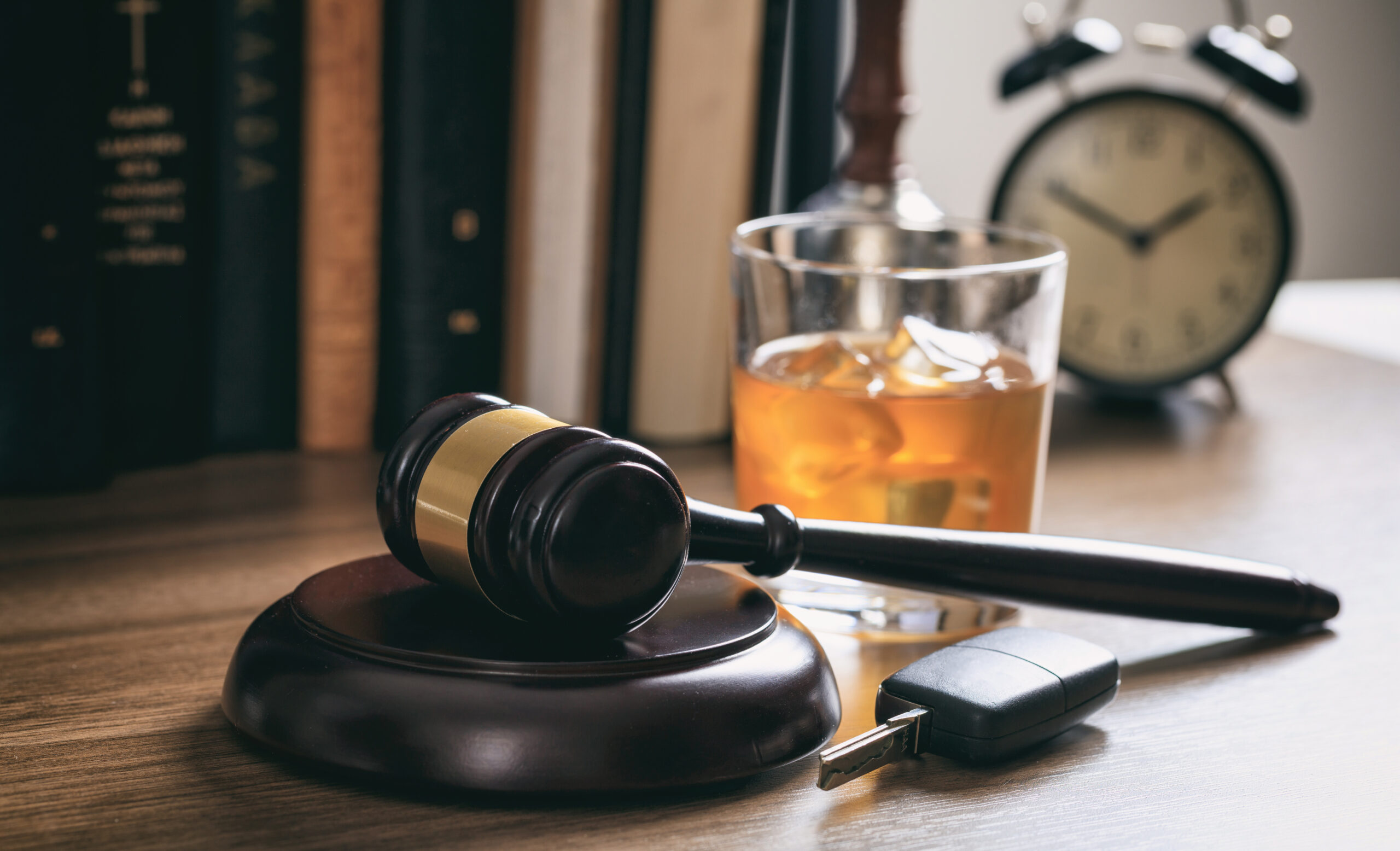If you’ve been arrested for driving while intoxicated, chances are one question dominates your mind: how to win a DWI case in Texas. And rightfully so. ADWI conviction isn’t just an inconvenience—it can alter your career, finances, relationships, and reputation for years. But the good news? Winning is possible, even when the odds seem stacked against you. Understanding the system and taking swift action can give you a fighting chance to turn things around.
In this detailed and conversational guide, we’ll break down how to win a DWI case in Texas: what makes or breaks the outcome, using real-life examples, legal strategies, and a candid look at how law enforcement and prosecutors actually build (and sometimes fumble) these cases. You don’t need to be a lawyer to understand what’s at stake—you just need to be informed, prepared, and proactive. Let’s start there. Every choice you make after your arrest could influence the final result, so timing matters.

The Anatomy of a Texas DWI Case
What the State Has to Prove
Before exploring how to win a DWI case in Texas, you need to understand what you’re up against. The prosecution must prove beyond a reasonable doubt that:
- You were operating a motor vehicle
- In a public place
- While intoxicated, meaning you lacked the normal use of mental or physical faculties due to alcohol or drugs, or you had a blood alcohol content (BAC) of 0.08% or more
Seems straightforward, right? But here’s where things get complicated: each of those elements offers room to challenge the case. Knowing how to dissect each piece of the state’s burden gives you a roadmap for building an effective defense.
A successful DWI defense focuses on discrediting or undermining one or more of these pillars. If any piece of the puzzle is weak, the entire case can fall apart. This is why no DWI case is ever truly open-and-shut until all the evidence is tested in court.
Real Story: Marcus’s Case Gets Dismissed
Marcus, a 31-year-old software engineer in Houston, was pulled over for speeding. The officer said he smelled alcohol and had Marcus perform field sobriety tests. Marcus refused a breathalyzer and was arrested.
His attorney requested dashcam footage, which showed the officer never asked Marcus about prior injuries or medical conditions. Marcus had a history of inner ear problems that affected his balance. The video also showed that Marcus followed instructions calmly and clearly.
Because the field sobriety test was the only evidence—and it was conducted poorly—the case was dismissed.
Marcus’s story is just one example of how to win a DWI case in Texas by exposing procedural errors and weak evidence.
Step One: Challenge the Traffic Stop
Was It Even Legal?
The entire DWI case hinges on the initial traffic stop. If the officer didn’t have reasonable suspicion to pull you over, everything that follows can be suppressed.
In Texas, courts have thrown out cases where:
- Officers stopped drivers for “weaving within their own lane”
- The stop was based solely on an anonymous tip with no corroboration
- The traffic violation didn’t actually occur
A seasoned defense attorney can file a motion to suppress evidence obtained after an illegal stop. If successful, this can lead to a total dismissal before trial even begins.
Step Two: Break Down the Field Sobriety Tests
They’re More Subjective Than You Think
Field sobriety tests (FSTs) are often treated like smoking guns by police. But in reality, they’re highly subjective, and officers are notoriously inconsistent in how they administer and evaluate them.
The three standardized FSTs are:
- Horizontal Gaze Nystagmus (HGN)
- Walk-and-Turn
- One-Leg Stand
To weaken this evidence, a defense attorney might argue:
- The test was conducted on uneven ground
- Weather or lighting made performance difficult
- The officer gave unclear instructions
- The suspect had a medical condition (e.g., back pain, vertigo)

Undermining the FST results is often central to how to win a DWI case in Texas, especially if there’s no breath or blood test.
Step Three: Question the Breath or Blood Test
Machines (and People) Make Mistakes
Breathalyzer and blood tests are powerful tools for the prosecution—but only when they’re done by the book. Challenging the science and procedure behind these tests is often the key to winning.
Here are ways to attack breath or blood evidence:
- Improper calibration of the breathalyzer
- Unqualified technician administering the test
- Chain of custody issues with blood samples
- Rising BAC defense, where your level was below 0.08% while driving but rose afterward
Texas courts require strict compliance with protocols. Even small deviations can make the results inadmissible.
Remember, BAC readings are not foolproof—and neither are the people collecting them.
Step Four: Use the Police Report Against Them
Inconsistencies Are Your Friend
Officers are human. They make mistakes, forget details, or misremember events. And their reports often contain contradictions or vague language.
Example red flags:
- The report says your speech was slurred, but bodycam audio shows clear speech
- The report describes red eyes, but you were sick or tired
- The officer says you “stumbled,” but the video shows stable walking
Your attorney can cross-examine the officer using these inconsistencies, damaging their credibility.
In many cases, winning a DWI case in Texas boils down to showing the jury that the arresting officer’s version of events can’t be trusted entirely.
Step Five: Bring in Expert Witnesses
Level the Playing Field
If the prosecution uses toxicologists, your defense can too. Expert witnesses can:
- Dispute the accuracy of BAC readings
- Explain how medical conditions mimic intoxication
- Highlight flaws in the testing procedures
- Testify about environmental factors that skew FST results
Experts can be the tipping point—especially when jurors are unsure about technical aspects of the case. A credible, neutral-sounding scientist or doctor can poke holes in the state’s narrative and give your defense the weight it needs.
Jury Psychology: How to Win Hearts and Minds
Juries Don’t Like Overreach
Jurors aren’t machines. They’re people. They have biases, doubts, and emotions. Sometimes, the best way to win a DWI case in Texas is to humanize the defendant and expose the state’s overreach.
Key jury persuasion tactics include:
- Demonstrating that the defendant was cooperative and respectful
- Highlighting lack of driving impairment despite a BAC reading
- Painting the case as weak or overly punitive
- Showing personal consequences (job loss, family disruption)

Many jurors have loved ones who’ve made mistakes, and they don’t like seeing people railroaded by flawed evidence.
Real Story: Carla’s Clean Record Wins Over the Jury
Carla, a 44-year-old schoolteacher from Austin, was pulled over for a broken taillight. She admitted to having a single glass of wine two hours earlier. The officer insisted she smelled of alcohol and failed the walk-and-turn.
Her attorney brought in an expert to explain how fatigue (Carla had been awake since 4 a.m.) could impact FST performance. Her polite, tearful courtroom demeanor and clean record helped sway the jury.
She was found not guilty—not because she was perfect, but because the prosecution couldn’t prove guilt beyond a reasonable doubt.
Her story is a testament to how to win a DWI case in Texas with preparation, honesty, and strategic defense.
First-Time Offender? Don’t Assume You’ll Get Off Easy
You Still Have to Fight
Even if you have a clean record, don’t assume the court will go easy on you. Texas takes DWI very seriously—even for first-time offenders. You still face:
- Up to 180 days in jail
- Up to $2,000 in fines
- License suspension
- Probation, court-ordered classes, and community service
To avoid or reduce these penalties, you need to attack the evidence and negotiate strategically.
Sometimes, the goal is dismissal. Other times, it’s reduction to a lesser charge like Obstruction of a Highway or Reckless Driving.
Your Attorney Matters—A Lot
Don’t Settle for the First Name You Find
If you’re serious about learning how to win a DWI case in Texas, one of your most important decisions is choosing the right attorney.
Look for someone who:
- Specializes in DWI defense
- Knows the local judges and prosecutors
- Has a track record of successful dismissals or reductions
- Can explain your options in simple, honest terms
A good DWI attorney is part strategist, part negotiator, and part storyteller. They don’t just file motions—they build a case that tells your side.

Final Thoughts: How to Win a DWI Case in Texas Isn’t Just About Luck
There’s no magic trick. No guaranteed loophole. But winning a DWI case in Texas is absolutely possible if you approach it the right way. From contesting the stop to scrutinizing the tests, from exposing weak reports to bringing in experts—it’s about stacking small wins until reasonable doubt tips the scale in your favor. Patience, strategy, and timing all play a critical role in how your case unfolds.
And even if dismissal isn’t possible, strategic negotiation can reduce life-altering penalties to manageable outcomes. The goal is always to come out with the least damage possible—and sometimes, that’s just as important as a full acquittal.
So if you’re searching for how to win a DWI case in Texas, here’s the truth: be proactive, be prepared, and above all, be relentless. The more control you take early on, the better your chances of reclaiming your future.

